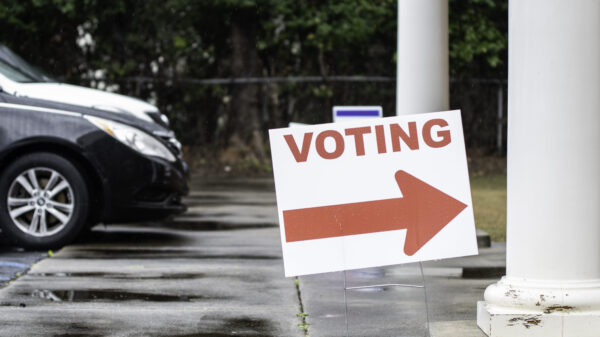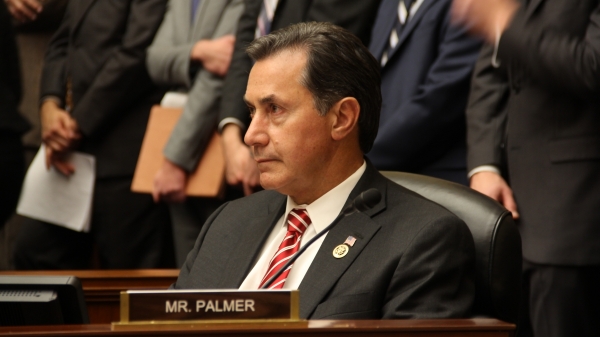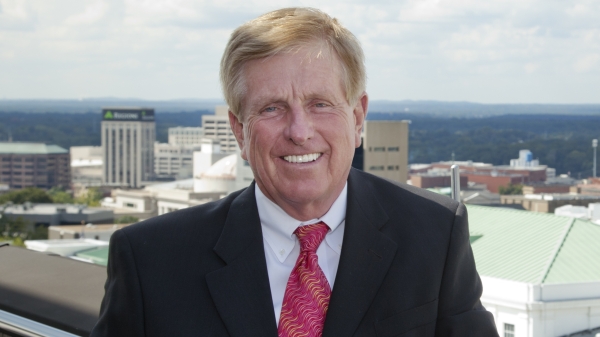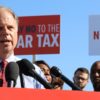By Brandon Moseley
Alabama Political Reporter
On Wednesday, May 14, U.S. Senator Richard Shelby (R) from Alabama detailed opposition to housing reform legislation because the bill would greatly expand and complicate the role of government in housing markets and create a new super-regulator while potentially exposing taxpayers to trillions of dollars of liability. Sen. Shelby in a speech before the Committee agreed that the status quo is unacceptable but strongly challenged the assertion that this legislation is the best way to move forward.
Senator Shelby said, “There is no doubt that housing finance reform is long overdue. And, the legislation before us is in many ways commendable. It winds down Fannie and Freddie and aims to do so without disrupting market liquidity and the flow of credit to households and businesses. The question remains, however: Is it a better mousetrap? I fear that while this legislation is well intended, it may further complicate an already complex problem by expanding the role of the federal government in our private housing finance market and creating, yet again, another massive regulator.”
Sen. Shelby continued, “Is it the proper role of government to be the micro-manager of a complex architecture for housing finance? Do we really need a new super-regulator? All too often, we create new and bigger regulators instead of holding our current regulators accountable for their failures. That was the entire premise of Dodd/Frank. The centerpiece of this bill, the Federal Mortgage Insurance Corporation, would have a broad swath of regulatory authorities rivaled only by the Federal Reserve. Not only would it provide mortgage insurance for trillions of dollars of new mortgages, it would also be responsible for maintaining a liquid housing market, regulating financial entities big and small and facilitating credit availability across the spectrum, including during economic downturns. It is fair to say that it would have an unprecedented role in housing markets, even by Dodd/Frank standards.”
Sen. Shelby said, “There is also no assurance that Congress will resist double-dipping into the Mortgage Insurance Fund, as it has done with the Deposit Insurance Fund, counting its receipts as savings on-budget on one hand, while spending them on the other. In addition, the quality of capital that private investors would be required to put up remains a moving target. While many in the industry have expressed concerns over 10 percent being too high, I am concerned that this bill does not require real capital in the first place.”
Sen. Shelby warned that the legislation, “Allows the Federal Reserve and Treasury, after consultation with HUD, to give the federal mortgage insurer the power to waive all standards established for risk-sharing with the government, and to provide a full guarantee of mortgage-backed securities, including the portion of any security that is supposed to be held by private guarantors in a ‘first-loss’ position. If the term ‘unusual and exigent’ gives one pause, it is because we have heard it before. During the financial crisis, the Federal Reserve invoked its authority to lend under ‘unusual and exigent circumstances.’ Ultimately, it was responsible for the billions needed to bail out Bear Stearns and AIG. It is not surprising that many are concerned about giving similar authority to a government entity that will guarantee trillions, yes trillions in mortgage assets.”
Sen. Shelby said, “The seeds of the financial crisis were sown in the mortgage markets and they were fed by misguided housing policies that encouraged homeownership at just about any cost. It was a perfect storm of interested parties and complicit financial regulators. Everybody was for more homeownership. Mortgage lenders, banks, home builders, home suppliers, realtors, and, of course, potential home owners. Everyone had a piece of the action and no one wanted the party to end, including Congress. Our financial regulators had the authority to slow the train, but they turned a blind eye and the result was an economic calamity from which we are still trying to recover.”
Sen. Shelby said, “Few would disagree that Fannie Mae and Freddie Mac are in an untenable position. While they continue to provide the lion’s share of housing guarantees, they possess virtually no capital and remain wards of the State.”
Sen Shelby said, “Unfortunately, we have had decades of government intervention that, ironically, did not even deliver on its main goal of providing sustainable homeownership for millions. For far too many, the dream of homeownership became a financial nightmare. We have seen what happens when government becomes too entrenched in housing and the system becomes too complicated, even for regulators to oversee. For Fannie and Freddie, we saw a slow but steady degradation of underwriting standards that, sanctioned by Congress and ignored by regulators, became the underlying cause of the financial crisis. Will the new regulatory framework, where government would have a hand in almost every aspect of mortgage finance, be able to resist those who would compel it to make bad loans that are underpriced?”
Sen. Shelby said, “I intend to oppose this bill. My opposition, however, should not be interpreted as opposition to reform of any kind. Rather, it is a vote against a complicated, government-run framework that, I believe, overexposes the American taxpayer and creates more problems than it solves. Sustainable homeownership and the preservation of a liquid housing finance system are laudable goals and shared by each of us. Our primary goal, however, must remain the protection of the American taxpayer from bailouts. I do not believe that this legislation achieves that goal.”
U.S. Senator Richard Shelby is a senior member of the Senate Committee on Banking, Housing and Urban Affairs.



















































